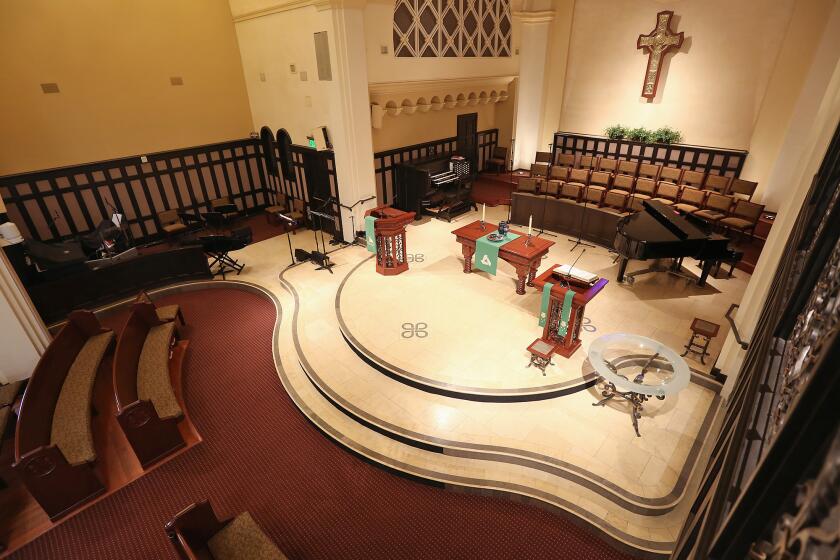CITY COUNCIL WRAP-UP
The City Council has voted to annex about 105 acres of county land that hold the Brightwater housing development, 356 homes being built among the Bolsa Chica wetlands by developer Hearthside Homes. Following a City Planning Commission vote last month, the Council voted 5-2 at its Monday meeting to place the unincorporated county land under its jurisdiction for police, fire, and other such services.
WHAT IT MEANS
The request for annexation will now go to the Local Agency Formation Commission, which could give final approval in November.
While the vote was not unanimous, dissenters Mayor Gil Coerper and Councilwoman Cathy Green said they only opposed a small amendment to the new specific plan for the development. At the request of Bolsa Chica Land Trust President Gerald Chapman, the other members changed language about public access to the area to use the word “shall” instead of “will,” an edit which Chapman said was more sure to be binding. City staff and representatives of the developer said it wouldn’t have any legal impact. Coerper and Green called it a meaningless change and voted against the plan.
The City Council voted to adopt a series of ordinances putting new restrictions on building wireless facilities in Huntington Beach. As much as possible, transmitters would have to have parts buried underground, be attached to existing structures, and encroach as little as possible on the public right-of-way. Also, companies would have to prove a gap in coverage requiring new equipment and pay a permit fee to build new wireless equipment in the public right of way. The main vote on the new zoning rules, including the permit fees, was 6-1, with Councilman Don Hansen opposing. Votes on four related ordinances, which reconcile other codes with the new amendment, and which ban installation of certain antenna equipment above ground, passed unanimously.
WHAT IT MEANS
Cell phone companies have opposed the rules, calling some of their provisions unfair, and others illegal. They particularly believe that the fees are against the law, contending that company agreements with the state supersede local authority. A case now before the California Supreme Court is expected to shed light on the legality of such fees.
All the latest on Orange County from Orange County.
Get our free TimesOC newsletter.
You may occasionally receive promotional content from the Daily Pilot.



